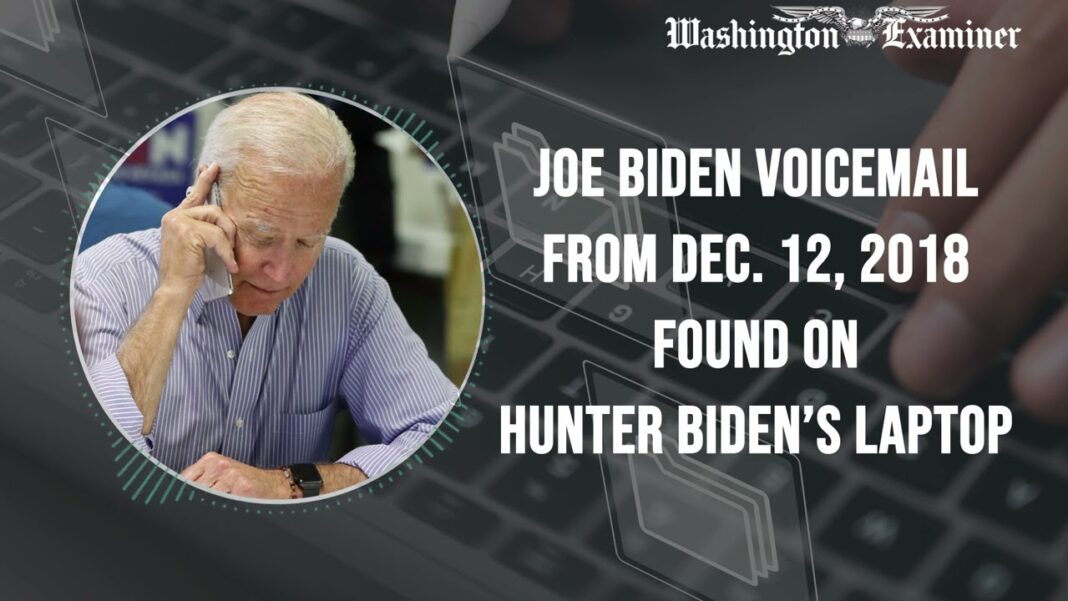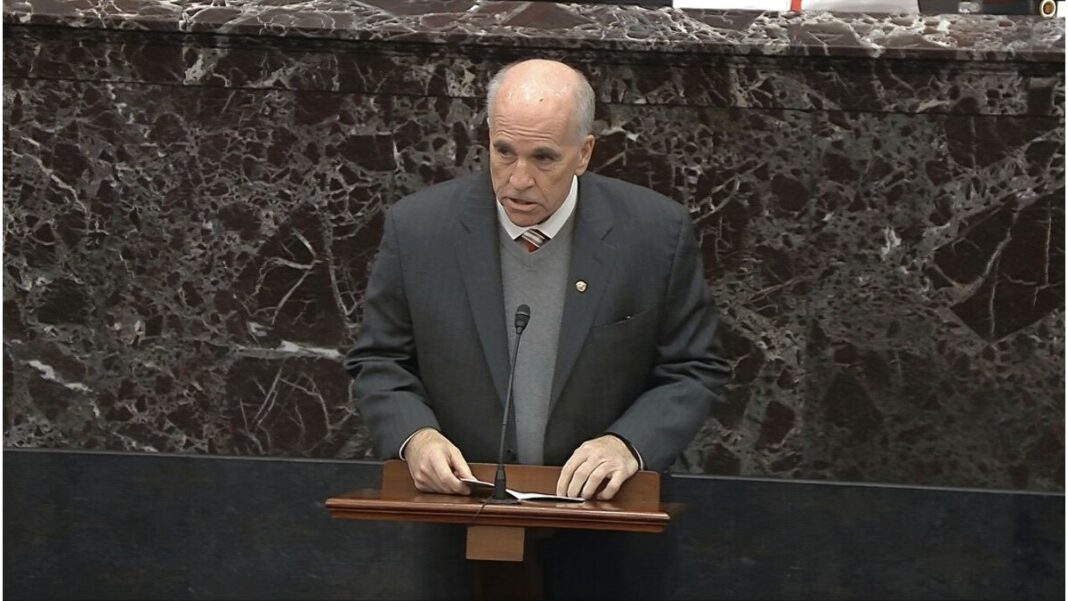- Joe Biden called Hunter in December 2018 saying he wanted to talk to him after reading a New York Times story about Hunter’s dealings with the Chinese oil giant CEFC
- Files on Hunter’s abandoned laptop previously disclosed by DailyMail.com show that he struck a deal with the Chinese company worth millions of dollars
- The Times’ 2018 story pointed out CEFC’s chairman Ye Jianming had been arrested in China and his lieutenant Patrick Ho had been convicted of bribery
- Hunter accidentally recorded himself referring to Ho as the ‘spy chief of China’
- After seeing the story online, Joe called Hunter and left a voicemail
- ‘I thought the article released online, it’s going to be printed tomorrow in the Times, was good. I think you’re clear,’ Joe said in the voicemail
- The message flies in the face of the president’s repeated denials that he ever discussed Hunter’s overseas business dealings with his son
President Joe Biden spoke with Hunter about his business dealings with a Chinese criminal his son dubbed the ‘spy chief of China,’ a voicemail to his son reveals.
The president has repeatedly denied personally and through his press secretary that he ever talked about Hunter’s foreign business with his Hunter – despite overwhelming evidence to the contrary.
Now, in a voicemail left on Hunter’s iPhone, the evidence has come from POTUS’ own mouth.
Joe called Hunter on December 12, 2018 saying that he wanted to talk to him after reading a New York Times story about Hunter’s dealings with the Chinese oil giant CEFC.
Files on Hunter’s abandoned laptop previously disclosed by DailyMail.com show that he struck a deal with the Chinese company worth millions of dollars after touting his family connections.
The Times’ 2018 story pointed out CEFC’s chairman Ye Jianming had been arrested in China and his top lieutenant Patrick Ho had been convicted in the US for bribing African officials to help Iran evade oil sanctions.
It revealed that Ye had met with Hunter at a Miami hotel in 2017 to discuss ‘a partnership to invest in American infrastructure and energy deals.’
By Josh Boswell








